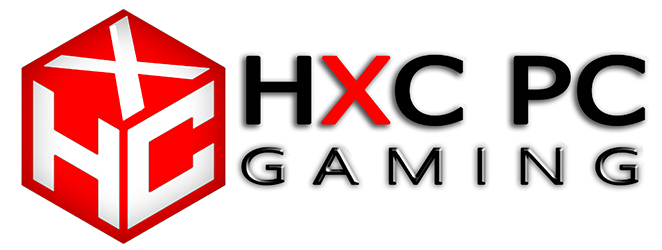With the launch of the Nintendo Switch 2, Nintendo was clearly determined to improve some of the core failings of the original Nintendo Switch, including how easy it was for players to get pirated software onto the console. In the beginning, all it took was a paper clip to dismantle the Nintendo Switch, while Nintendo could do nothing but watch, and eventually release an updated model of the original Switch to stop the paper clip trick from working.
Nintendo has upped its game, so to speak, in its fight against piracy on the Nintendo Switch 2, with the threat of Nintendo bricking the device remotely hanging over the head of anyone willing to try and use their Switch 2 in an “unauthorized” way. Players have described this kind of power to brick the whole device and not just ban the account of someone attempting to jailbreak their console as an overreach from Nintendo, but individual players can’t exactly do much to get in Nintendo’s way over it.
Procon-SP, however, is trying to get in Nintendo’s way on behalf of Brazilian Nintendo Switch 2 owners. The Sau Paulo branch of Brazil’s Consumer Protection and Defense organization has published a press release (spotted by My Nintendo News) in which it calls the clauses around bricking the device in the contract that every Nintendo Switch 2 owner and Nintendo Switch Online account holder agrees to “abusive.”
To be clear, Procon-SP’s issues with Nintendo are more around how the company can remotely and permanently cut off services that Brazilian consumers have paid for without a proper explanation. Procon-SP is asking that Nintendo change the wording in its EULA per its requests, with Nintendo now saying it will review Procon-SP’s complaint and respond within the next 20 days. Nintendo’s current EULA reads “You acknowledge that if you fail to comply with the foregoing restrictions, Nintendo may render the Console and/or the Software permanently unusable in whole or in part.”
We’ll see if Nintendo changes the wording, or if Procon-SP takes this complaint even further, prompting potential legal action.

